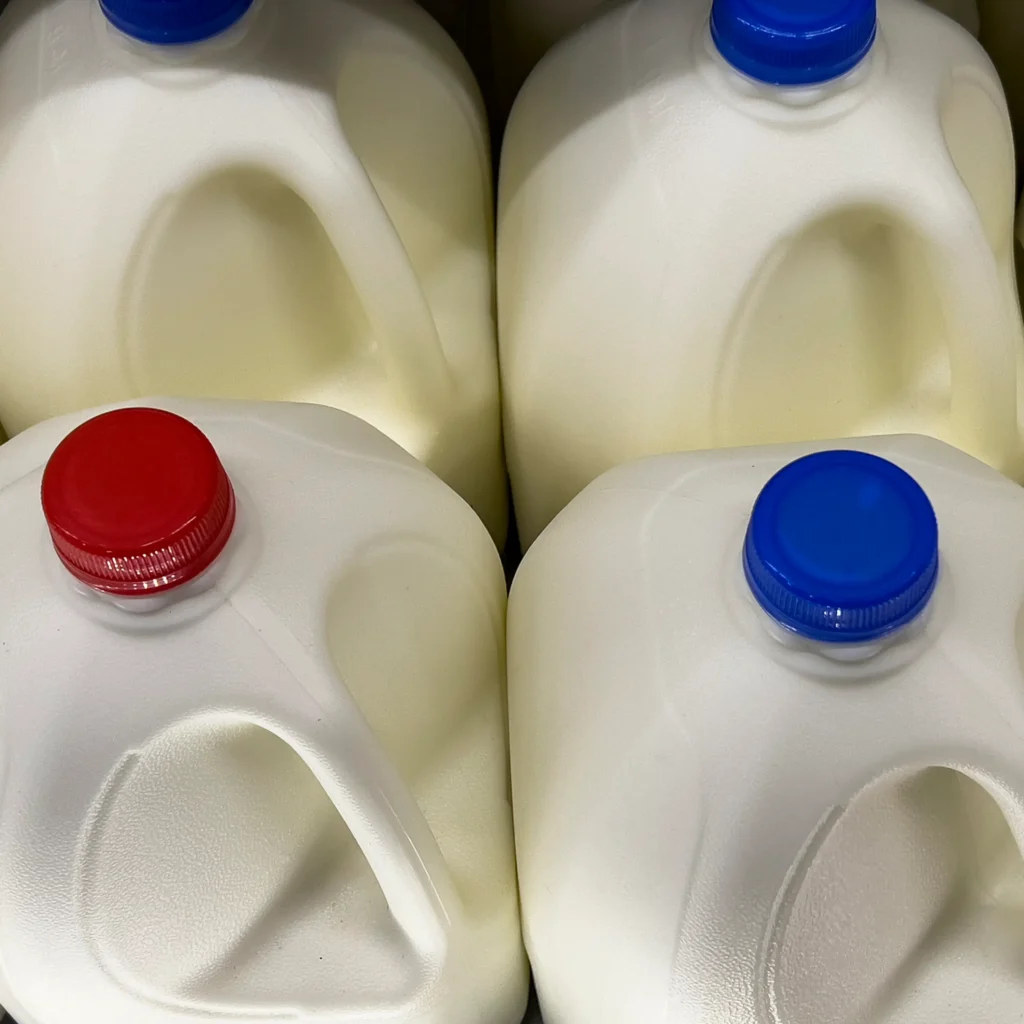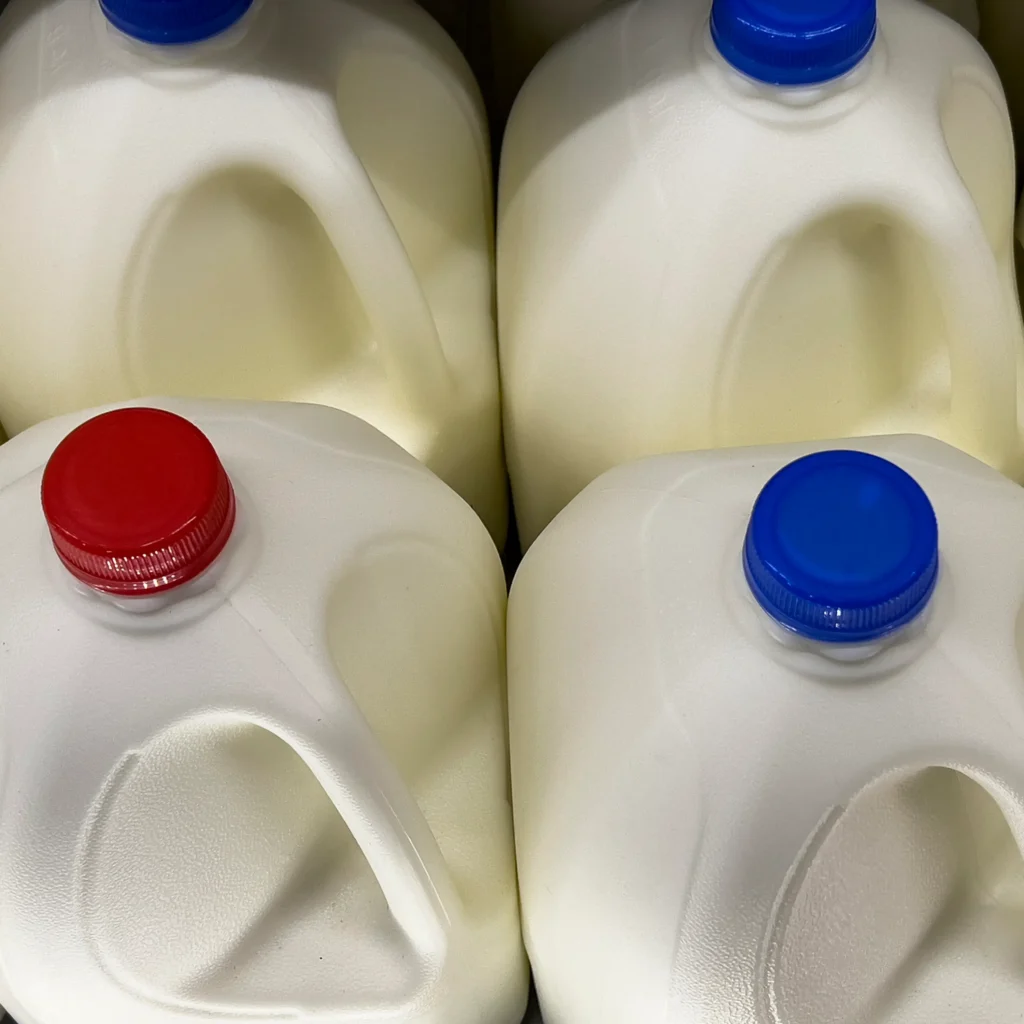In a decision that will no doubt fuel the debate between “intellectual property rights” and “fair use,” the Supreme Court correctly ruled in Metro-Goldwyn-Mayer Studios Inc. v. Grokster, Ltd. that Grokster is financially liable if its consumers use the service to illegally copy and share copyrighted music and movies.
In its unanimous ruling, the Court discounted many of the arguments about how Grokster is able to promulgate new technology and applications. The decision addresses the way Grokster facilitates copyright infringement and general violation of intellectual property rights. Although downloading a song without paying for it can seem innocuous, it is no less an act of theft than dropping by your local record store, sticking a CD inside your coat, and walking out.
While many have argued that Grokster merely provided a more convenient way for consumers to share videos and movies–invoking the “fair use” argument applied in the past to consumer-created audio and videocassettes–the Court noted that digital technology and the Internet, which can rapidly and flawlessly duplicate information and content, have changed the landscape.
Despite the valid benefits Grokster may offer users, its ability to permit large-scale, unauthorized copying and distribution of copyrighted material presents a legal problem that Grokster, and companies like it, must account for.
Steven Titch ([email protected]) is senior fellow – technology and telecom policy for The Heartland Institute, a national nonprofit organization based in Chicago. Among other publications, Heartland publishes Info Tech & Telecom News, a monthly newsletter sent to state legislators and public utility commissioners providing commentary on telecommunications and information technology policy issues.




